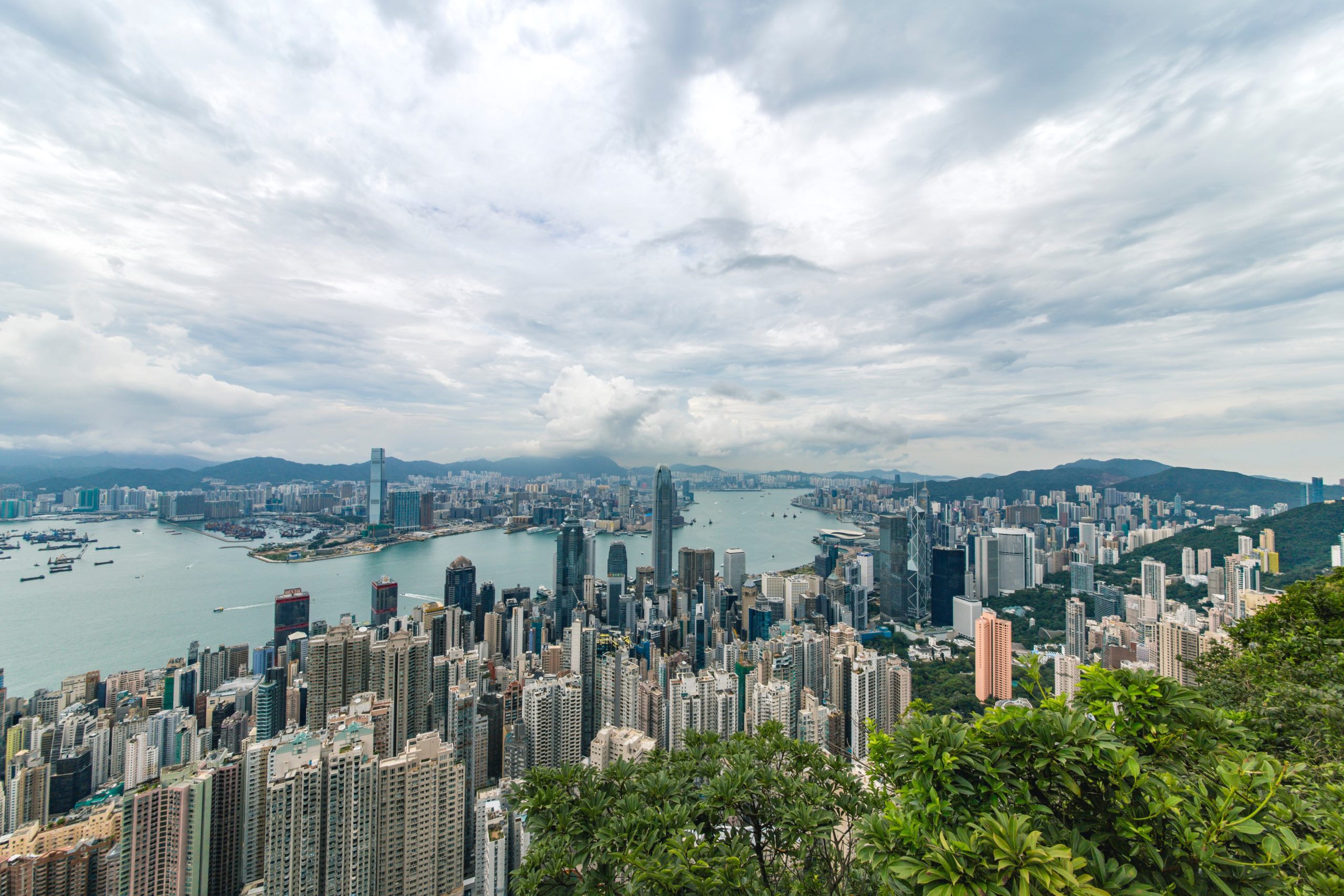Recently, I read an article from Professor Taylor Fravel (one of my academic idols) about the ‘China in the world’ paradigm for scholarship. One of the issues that the article discusses is that there has been a perception gap between the western democratic society and the government in Beijing regarding the situation in Hong Kong, mostly the large-scale protest in 2019. Fravel points out three contentions: autonomy, democracy, and identity. The discussion is indeed insightful, and mostly explains the dilemma in Hong Kong society right now.
However, as a Hongkonger, I want to share my own view of why Hong Kong has been so troublesome now. My opinion, admittedly, is subjective and non-academic, but hopefully gives you an insider perspective of the issue.
Identity and belonging
Fravel points out that there has been an identity conflict in Hong Kong. Localism, or the Hong Kong identity, is indeed strengthening. To Beijing, this is an unacceptable phenomena, especially for national integrity. Therefore, the Hong Kong government implements a series of national education, trying to establish a sense of belonging as a ‘Chinese’.
I expect what makes most Hongkongers unhappy is that how national education connects the sense of ‘Chineseness’ and being patriotic to the ‘Chinese Communist Party’ together. This is normal in other parts of China. The rise of China has been inseperable with the success of the CCP in the last forty years. But most Hongkongers do not have such cognition. Not to mention, part of the Hong Kong society was actually founded by asylum seekers from the CCP in the 1950s. People from my parents’ generation actually are least favourable to, if not fear of, the CCP. This explains why Hongkongers are reluctant to be a ‘Chinese’.
Legitimacy of the government
Most people believe that there are two camps in Hong Kong politics: 60% are pan-democracy and 40% are pro-government/establishment. This is true to some extents, but can be misleading.
First, those from the pan-democratic camp do not completely against the Hong Kong government before 2020. Although they understand the rules of the game never favour them, they still try to promote democracy and general election through the existing legislative structure. Many of them are active in election in Hong Kong. Their participation gives legitimacy of the established political system, including the formation of the HKSAR government. Unfortunately, after the introduction of the National Security Law and the election reform recently, these people are being excluded from the existing system, which leads to the lack of political diversification.
Second, according to my observation, the rest of the 40% are not being completely loyal to the Carrie Lam’s government. They are supporters of Beijing instead. This is rather ‘the tiger and the fox’ story. The HKSAR government does not have direct legitimacy from its own people; only because it is supported by Beijing. Carrie Lam needs to strongly rely on Beijing to maintain her position as a Chief Executive.
And when a government loses its legitimacy, it either will be overthrown by its people, or pursues more repression through authoritarianism. This explains why there has been so many suppression and police brutality in Hong Kong society in the last two years. Because of the lack of legitimacy, the HKSAR government has no choice, but to rule in a hard line to maintain some degree of societal stability.
Social structure
The government may rule by suppression. But what makes Hong Kong society so chaotic at the moment is the unbalanced and fragile structure. The ‘baby-boom’ generation has been an issue in many countries, so does Hong Kong. They monopolised most of the resources. And the Y-generation has limited opportunity to climb up for a better socio-economic status.
However, the issue has been more complicated in Hong Kong. First, given by the financial crisis in 1997, those from my parents’ generation are unable to retire, as they are still owning mortgage debt. Second, the working hours in Hong Kong is long and tiresome. Young Hongkongers like me find it very difficult to explore more opportunity, because they simply do not have enough spare time.
Beijing tends to provide a Marxist solution by fixing Hong Kong’s housing policies. This is a possible solution to some extents, but it definitely goes against people with vested interests — developers and entrepreneurs in Hong Kong. To what extent that the government is able to implement under Hong Kong’s capitalist structure is highly doubtful.
Why people are unhappy?
Clearly, political and social issues in Hong Kong society is complicated. They are mixtures of political, social, psychological and materialist factors. Unfortunately, the Hong Kong government has only tackled issues from a materialist perspectives, viewing the problems due to the law enforcement and housing problems. Clearly, this is insufficient. Migration has been a popular topic in Hong Kong in the last 6 months. This has illustrated people have disappointment and have lost hope to the government. In a foreseeable future, it is likely to see a Hong Kong without Hongkongers. This is indeed tragic, but very likely to happen.


3 thoughts on “Core issues in Hong Kong society”